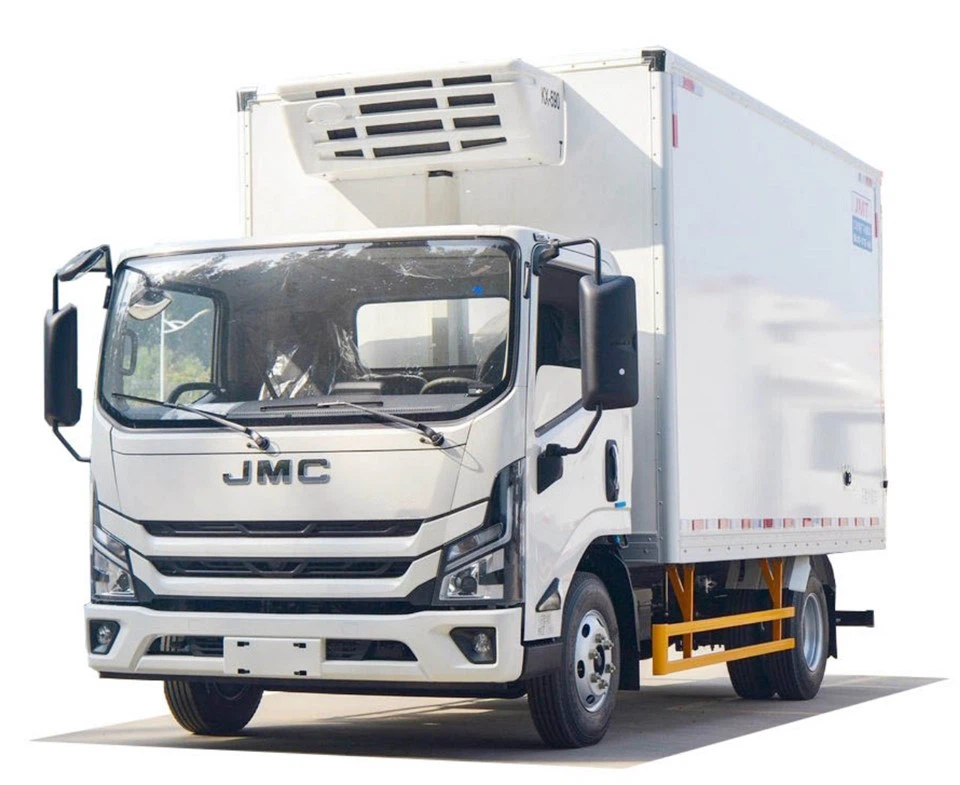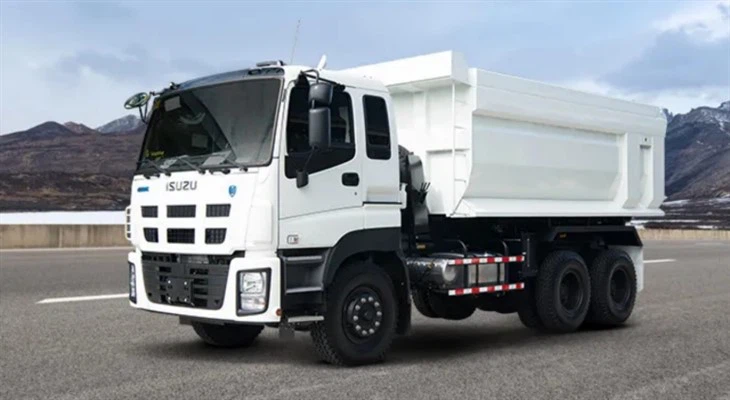Vacuum Sweeper Trucks: The Ultimate Guide to Cleanliness on Wheels

Vacuum sweeper trucks have revolutionized the way urban spaces are cleaned. From streets and parking lots to construction sites and industrial zones, these powerful machines play a vital role in maintaining cleanliness and hygiene. This comprehensive guide will cover all aspects of vacuum sweeper trucks, including their types, features, operational principles, maintenance, and tips for effective usage.
Understanding Vacuum Sweeper Trucks
What is a Vacuum Sweeper Truck?
A vacuum sweeper truck is a heavy-duty vehicle designed to remove debris, dust, and waste from various surfaces. They are equipped with advanced vacuum systems and sweeping brushes, making them ideal for cities, parks, highways, and more.
Types of Vacuum Sweeper Trucks
There are several types of vacuum sweeper trucks, each tailored for specific cleaning tasks:
- Ride-On Sweeper Trucks: Ideal for large areas, these trucks are operated by a driver sitting inside, allowing for greater control and efficiency.
- Walk-Behind Sweeper Trucks: Smaller and manually operated, these are suited for tighter spaces and smaller jobs.
- Electric Sweeper Trucks: Environmentally friendly, these trucks are powered by electricity, making them quieter and perfect for urban settings.
- Truck-Mounted Sweepers: These trucks combine sweeping capabilities with the size and power of a standard truck, suitable for larger projects.
The Anatomy of a Vacuum Sweeper Truck
Key Components
Understanding the main components of a vacuum sweeper truck helps in appreciating its functionality:
| Component | Description |
|---|---|
| Brushes | Spinning brushes that agitate dirt and debris, helping to lift them for suction. |
| Vacuum System | A powerful motor that creates suction, pulling debris into the hopper. |
| Hopper | A container that holds the collected debris, which can be easily dumped. |
| Chassis | The framework that supports the entire structure of the truck. |
How Vacuum Sweeper Trucks Operate

The operation of a vacuum sweeper truck can be broken down into several stages:
- Agitation: The rotating brushes dislodge dirt and debris from surfaces.
- Collection: The suction from the vacuum system pulls the dislodged debris into the hopper.
- Storage: The debris is stored in the hopper until the truck is emptied.
Benefits of Using Vacuum Sweeper Trucks
Improved Cleanliness
Vacuum sweeper trucks efficiently remove dirt, leaves, and litter, which improves the overall cleanliness of any area, promoting healthier environments.
Cost-Effectiveness
Investing in vacuum sweeper trucks can lead to long-term savings by reducing labor costs and the frequency of cleaning services.
Time Efficiency
These trucks can cover vast areas quickly, allowing for an efficient cleaning process compared to manual methods.
Choosing the Right Vacuum Sweeper Truck
Factors to Consider
- Type of Terrain: Determine if you need a truck for urban streets, construction sites, or rural areas.
- Size and Capacity: Assess the size of the areas to be cleaned and the volume of debris expected.
- Fuel Type: Consider whether to choose electric or diesel models based on your environmental goals.
- Budget: Identify your budget, considering both initial purchase costs and long-term maintenance.

Maintenance Tips for Vacuum Sweeper Trucks
Regular Inspections
Conduct regular inspections to ensure all components, such as brushes and vacuum systems, are functioning optimally.
Cleaning and Servicing

Regularly clean the brushes and hopper to prevent dirt buildup that can affect performance. Service the vacuum motor as per the manufacturer’s guidelines.
Tire Maintenance
Check the tire pressure and tread regularly to ensure the truck can maneuver effectively across different terrains.
Practical Examples of Vacuum Sweeper Truck Usage
Urban Cleanliness Programs
Cities worldwide deploy vacuum sweeper trucks during seasonal changes to manage leaf litter in autumn and snow removal in winter.
Construction Sites
Heavy-duty vacuum sweepers are frequently used in construction zones to keep sites clean and safe for workers, reducing the risk of accidents.
Parks and Recreation Areas
Parks employ vacuum sweepers to maintain cleanliness in recreational areas, ensuring visitors enjoy a pleasant environment.
The Future of Vacuum Sweeper Trucks
Technological Advancements
Future vacuum sweeper trucks will likely integrate AI and IoT technologies for enhanced efficiency and monitoring.
Environmental Considerations
With increasing emphasis on sustainability, vacuum sweeper trucks are moving towards more electric models that minimize emissions.
Vacuum Sweeper Trucks in Action
Here are some practical insights into how vacuum sweeper trucks operate in real-world scenarios:
- Street Cleaning: During a typical street cleaning operation, the truck moves at a controlled speed, ensuring thorough debris collection.
- Event Cleanup: After large public events, vacuum sweepers quickly clear litter, helping maintain cleanliness with minimal delay.
Frequently Asked Questions
What are the main uses of vacuum sweeper trucks?
Vacuum sweeper trucks are primarily used for cleaning streets, parking lots, construction sites, and public parks by removing debris and litter.
How often should vacuum sweeper trucks be maintained?
Regular maintenance should occur every few months or as per manufacturer recommendations, focusing on inspections, cleaning, and servicing of key components.
Can vacuum sweeper trucks be used in wet conditions?
Yes, many modern vacuum sweeper trucks are designed to handle wet conditions, although it’s important to follow operational guidelines for safety.
What types of surfaces can vacuum sweeper trucks clean?
These trucks can effectively clean various surfaces, including asphalt, concrete, and gravel, making them versatile tools for many environments.
Are electric vacuum sweeper trucks effective?
Yes! Electric vacuum sweeper trucks produce less noise, have lower operational costs, and are more environmentally friendly, making them increasingly popular.
How do I choose the right vacuum sweeper truck for my needs?
Consider factors such as terrain, size, fuel type, and budget to select a vacuum sweeper truck that aligns with your specific cleaning requirements.
